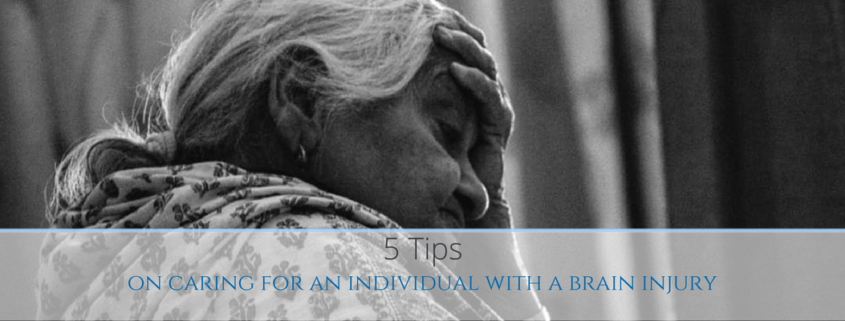It’s estimated that someone suffers a heart attack approximately every 40 seconds in the United States – or about 720,000 people each year. While many heart attack victims recover and resume their normal lives, others have to deal with lingering physical effects, such as changes in the brain.
Specifically, heart attacks and other forms of heart failure can cause a loss of gray matter in the brain, and a decline in mental processes.
What Happens During a Heart Attack
A heart attack occurs when blood that brings oxygen to the heart is cut off, or severely reduced. Coronary arteries that supply blood to the heart can narrow because of fat buildup and other substances. When an artery breaks, a clot forms around the substance and blood flow is restricted to the heart muscle.
Oxygen and the Brain
The brain needs adequate oxygen to function normally. Research has shown that brain cells begin to die when oxygen levels drop significantly low for several minutes or longer. After an extended period, a permanent brain injury may occur. This type of injury is known as an anoxic brain injury, or also cerebral hypoxia.
There are four types of anoxia – with each potentially leading to brain damage – including stagnant anoxia, in which an internal condition (such as a heart attack) blocks oxygen-rich blood from reaching the brain.
Cognitive Issues Associated with Heart Attacks
A recent study by Sweden’s Lund University said that half of all heart attack survivors experience memory loss, attention problems, and other cognitive issues. Lasting effects on the brain’s mental functions could even lead to possible dementia.
Brain scans done in similar studies showed that heart disease and heart failure might lead to losses of gray matter in the brain that are important for a variety of cognitive functions, which in turn lead to issues such as:
- Memory Loss
Most people who suffer an anoxic brain injury experience some short-term memory loss. The hippocampus, the part of the brain responsible for learning new information, is extremely sensitive to a lack of oxygen.
- Anomia
Anomia refers to difficulty in using words, or processing the meaning of words. The patient may not remember the right word, or use a word out of context.
- Poor Performance in Executive Functions
Executive functions include reasoning, processing information, judgment, etc. For instance, the patient may become impulsive and indecisive.
- Visual Issues
Patients also may have trouble processing visual information.
Treatment
Immediate treatment is essential when dealing with cerebral hypoxia. The sooner the normal oxygen supply is restored to the brain, the lower the risk of brain damage. The type of treatment depends on the cause of the anoxic injury and may include:
- Breathing assistance via mechanical ventilation and oxygen.
- Controlling the heart rate and rhythm.
- The use of medicines such as phenytoin, phenobarbital, valproic acid, or general anesthetics.
The patient’s recovery depends on how long the brain lacked oxygen. The patient might have a full return to function if the oxygen supply to the brain was blocked only for a short time. The longer a person lacks this oxygen supply, the higher the risk for serious consequences, including death, and severe brain injury.



